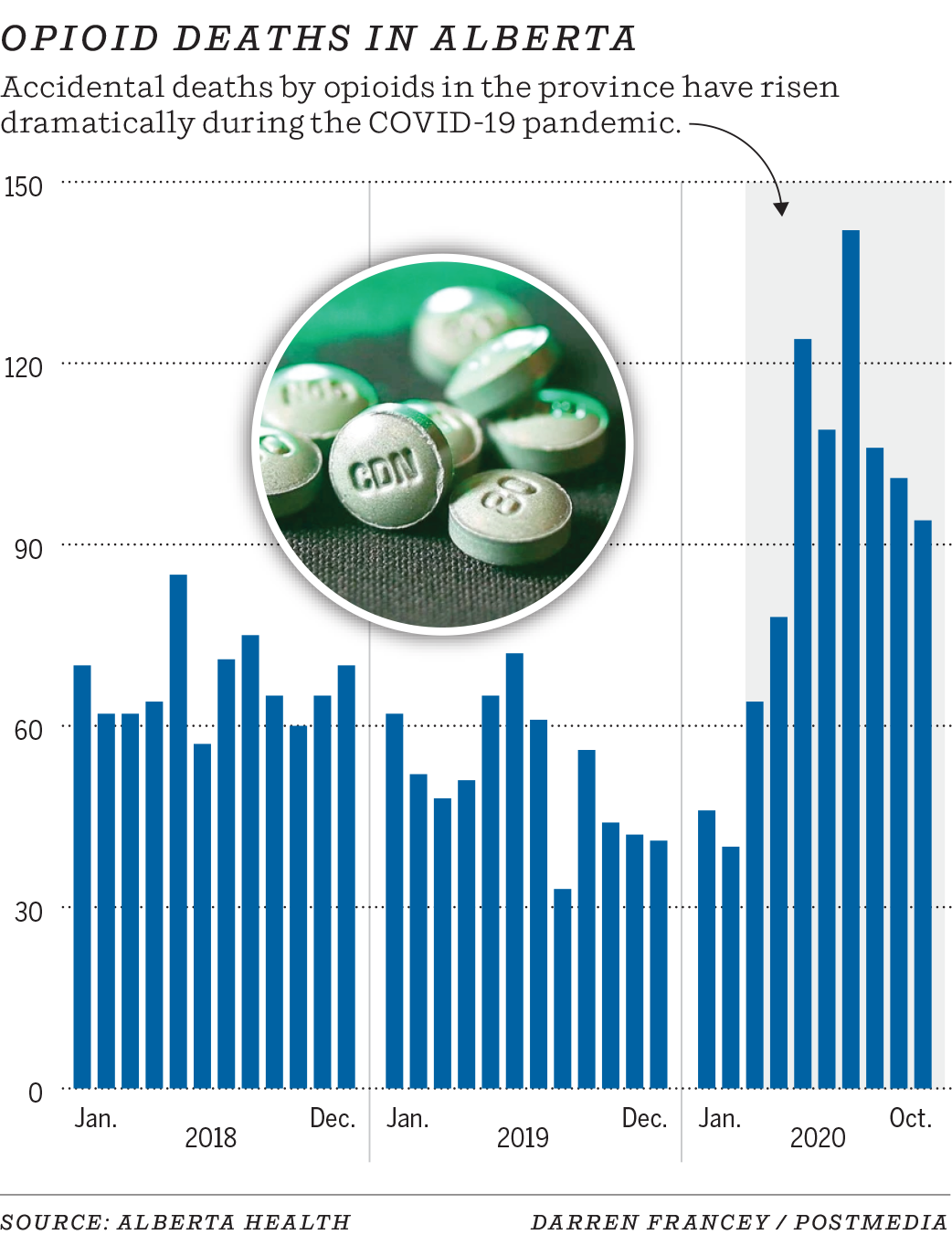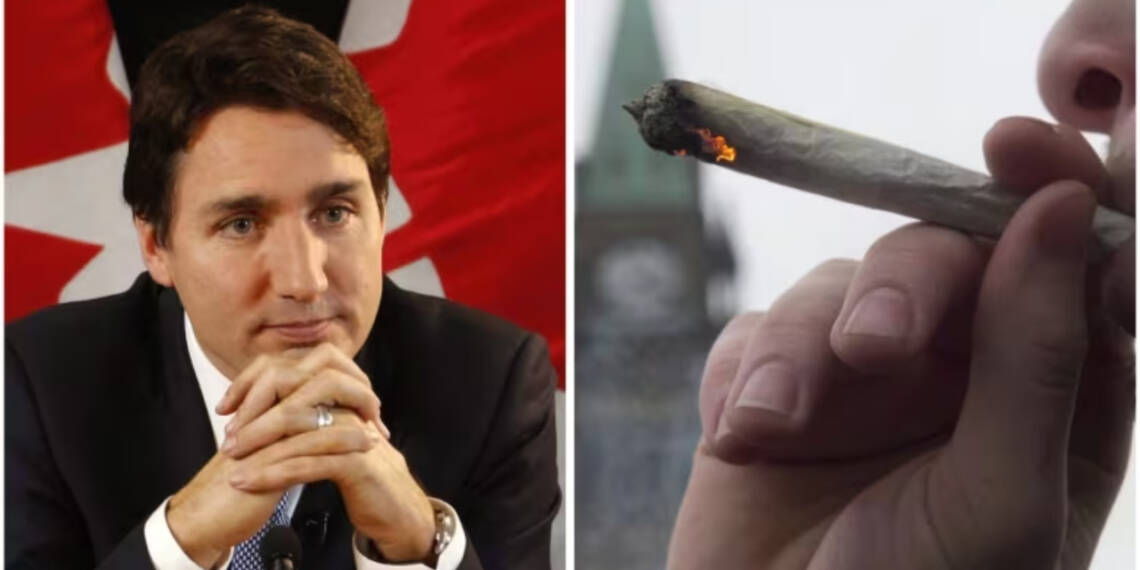In Canada, a concerning trend, primarily promoted by Prime Minister Justin Trudeau has emerged – the drug legalization. Beginning with Marijuana, this drive has escalated to include dangerous substances like Cocaine and Ketamine. This alarming development raises questions about public health and safety.
The aftermath of these actions has been devastating. Canada has witnessed a sharp increase in drug overdose deaths, particularly in British Columbia. Analyzing the data paints a grim picture; the age group of 19 to 39 has been profoundly affected, with drug-related deaths becoming the leading cause since 2016.
12,260 people have died from drug overdoses since the public health emergency was declared. The tragedy worsens when one realizes that people between the ages of 40 and 59 also became victims, making illicit drugs the second most common cause of death in this age group.

These concerning figures highlight the serious ramifications of the Canada drug legalization movement and highlight the urgent need for reassessment and more stringent laws to protect the public’s health and welfare.
Alberta Rises Up: Time for Referendum
The shocking data has thrown the Canadian populace into disarray. The situation worsens, yet amidst despair, a glimmer of hope emerges. Some regions, like Alberta, refuse to accept the devastating opioid crisis plaguing Canada, yearning for change and a brighter future.
The province of Alberta was uneasy following the announcement made by the government. They plan to use a referendum to introduce the Opioid Cost Recovery Act to address the opioid crisis. This legislation will strengthen the province’s case against those responsible by holding opioid manufacturers, distributors, and consultants accountable.
Notably, to recover expenses of serious casualties, Alberta joined a class-action lawsuit against pharmaceutical companies in 2019. An important step toward resolving this urgent matter was the proposed $150 million settlement in 2022, which demonstrated a resolute position against the factors contributing to the opioid crisis.

Read More: Canada dives into the Recession. However, Alberta Bucks the Trend
Sorry Not Here: Alberta Stands Different
In Alberta, the government adamantly opposes Canada’s drug legalization efforts, particularly Prime Minister Trudeau’s policy. Despite pressures from state-funded entities such as CBC advocating for a replication of British Columbia’s model, Alberta firmly rejects the notion.
The provincial police force swiftly dismissed the proposal, deeming it profoundly misguided. The Alberta Association of Chiefs of Police echoed this sentiment, emphasizing the necessity for a systematic approach before contemplating drug decriminalization, with community safety at the forefront of their concerns.
Amidst this backdrop, Premier Danielle Smith emerges as a staunch opponent, refusing to succumb to what she perceives as a liberal agenda that could jeopardize Alberta’s welfare. Her resolute stance reflects the concerns of 460,000 Albertans who stand united against Trudeau’s Canada drug legalization plot.
Read More: Alberta wildfires are not an act of God but an act of the federal government
Under her leadership, Alberta truly stands as a bastion of resistance, a testament to the province’s resilience and commitment to the well-being of its citizens.
Watch More:
https://youtu.be/EC8fkqtj9PE?si=Czm-dDjdmERMkbL2








